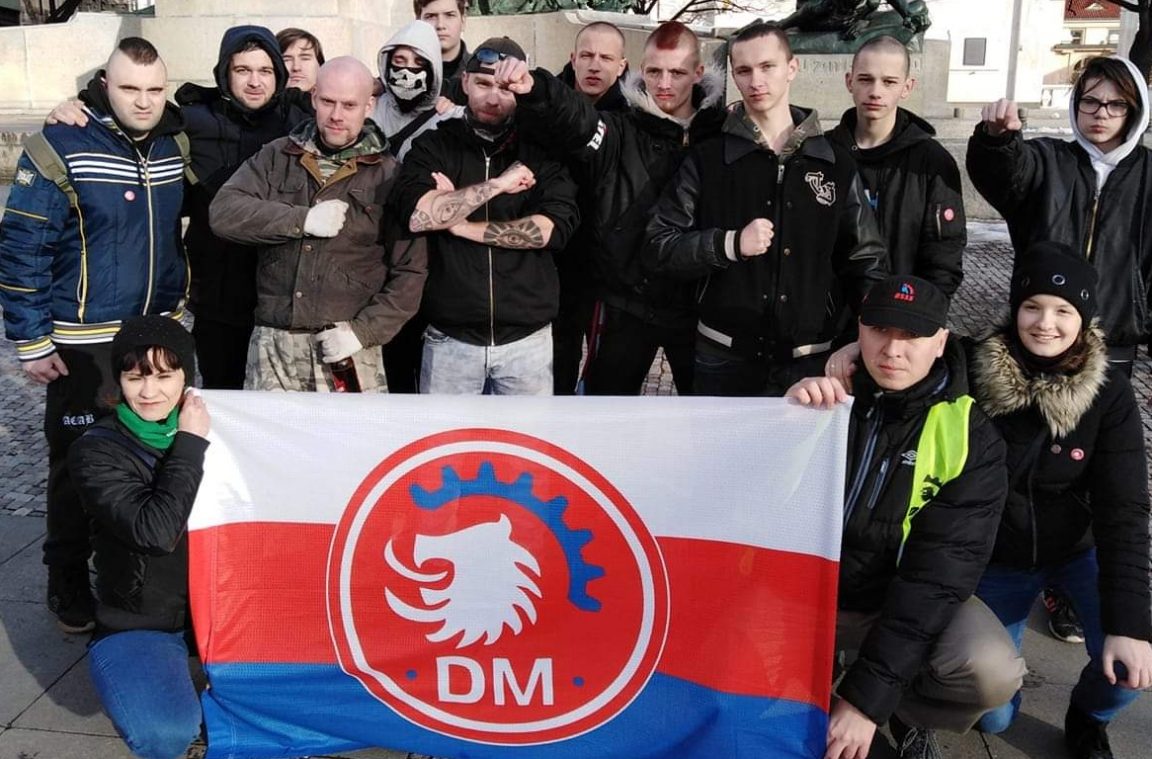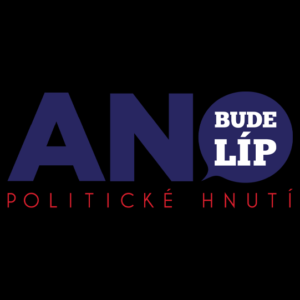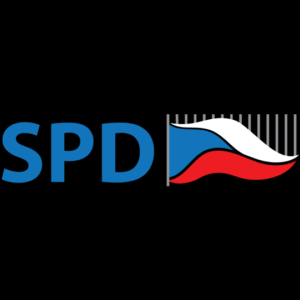ANO 2011 (“Yes”) was founded as a civic movement in 2011 by Andrej Babis, one of the wealthiest men in the country, and swiftly gained electoral momentum through its strong anti-corruption message. It came second in the parliamentary election in 2013 after which they entered the government as a junior coalition partner alongside the CSSD and the Christian Democrats. In June 2014, they won the European elections. Following the 2017 general election, Babis assumed the role of prime minister, initially leading a short-lived one-party minority government before forming a coalition with the CSSD in 2018. Despite being another minority government, Babis garnered parliamentary support from the KSCM, effectively ending the longstanding cordon sanitaire against the communists. After losing the elections in 2021, ANO for the first time became an opposition party.
ANO is widely described in the literature as a populist party, although analysts vary in their placement of the party on the political spectrum, with some positioning it in the centre and others in the centre-right. Babis himself portrayed himself as a business leader rather than a politician and in the election campaign in 2013, the slogan was: “We’re not like the politicians. We toil.” In recent years, ANO has displayed a shift towards the left on economic matters while adopting a more conservative stance on social issues. The party’s stance towards the EU has been ambiguous, with occasional expressions of euroscepticism alongside instances of support for the Euro. Babis has been highly critical of the EU:s climate policy. During the 2021 election campaign, ANO predominantly emphasised welfare policies and anti-immigration rhetoric.
The party, particularly under its leader Babis, has faced criticism for its authoritarian tendencies. A string of political and financial scandals in 2018 and 2019 led to widespread demonstrations against the Babis government. Several former MPs and MEPs have departed from the party, citing ANO’s departure from liberal principles. Despite these challenges, ANO has maintained its popularity among voters, consistently leading in the polls over the past decade and polling well above 30 percent at the start of 2024.









